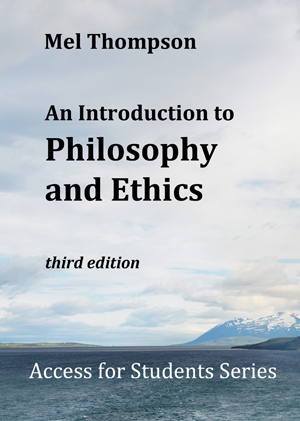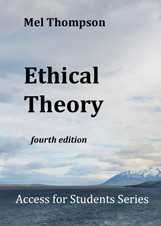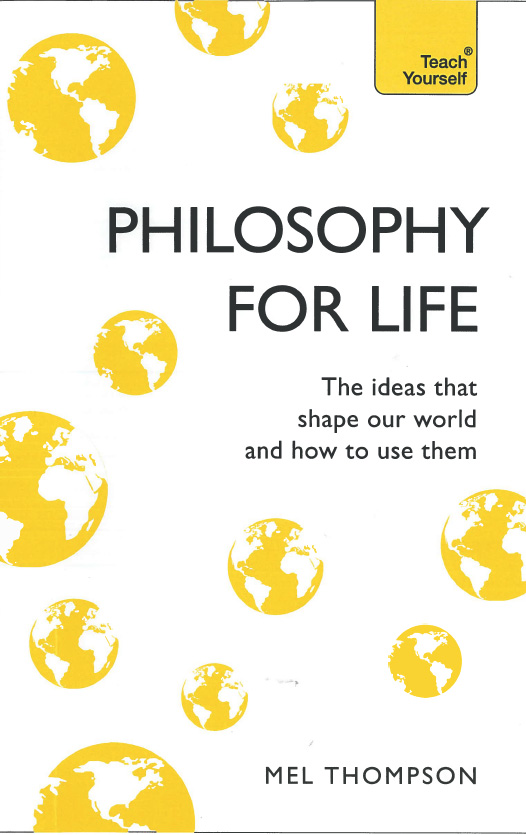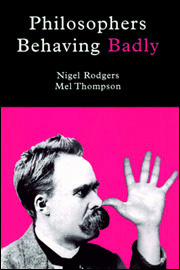Is moral progress an illusion?

We live in a world of change; everything evolves, nothing is fixed. Whether we look at the evolution of species or the changes happening in society, we try to make sense of change as though it were a story, and ask about the ending. Faced with change or development we tend to ask ‘Where is it going?’ Progress – as opposed to random or circular change – implies a direction and an end point.
History is always a story told from a particular perspective; facts in themselves do not make history. In the same way, descriptive ethics – the catalogue of who does what in what society and during what era – does not touch on the fundamental issues of normative ethics. It does not ask if society is ‘better’ now than in Greek, Roman or Medieval times. We may not burn witches, but do we still torture? Is the freedom to be openly homosexual progress? Or is it simply a return to the enlightened times of the Greek city state, recovering from a temporary period of unfair repression? Is there a new world order emerging through social media, or is universal communication merely giving the opportunity for people to exploit one another more widely?
If facts alone cannot make a normative moral argument, then facts alone cannot prove that there is moral progress.
Hence, any attempt to prove moral progress will hit the same problem that utilitarianism finds – that there is no end point at which all the evidence is in and we can make a definitive judgement. At that level, moral progress remains an illusion, never unambiguously proved or demonstrated.
And yet … If there were no sense of progress, of trying to improve a situation or cultivate a virtue, would right and wrong continue to make any sense? Is having a conscience compatible with an absence of hope or any sense that life could be better? The art of living as a human being involves thinking, creating, hoping, willing; it is always oriented towards the future. We may look back, but we live forwards. Without any hope that morality makes sense and it going to improve things, the very experience of morality becomes nonsense. In this sense, moral progress is a necessary hope – for without it, the rest of moral discussion loses its significance. There may be no evidence whatsoever that things are actually improving. But in the face of that bleakness, the moral impulse is to want to make it so – to construct a life according to our intuitions of what is right.
Progress is therefore a bit like freedom; analyse it empirically and it vanishes. I am utterly determined by events beyond my control, and yet I sense that I am free to choose what to do. In the same way, I have no evidence of progress, but every time I sense that something is wrong, or that there is something I ought to do, I open up the possibility that things can and should improve.
(This is adapted from my comments on this topic in Understand Ethics)






